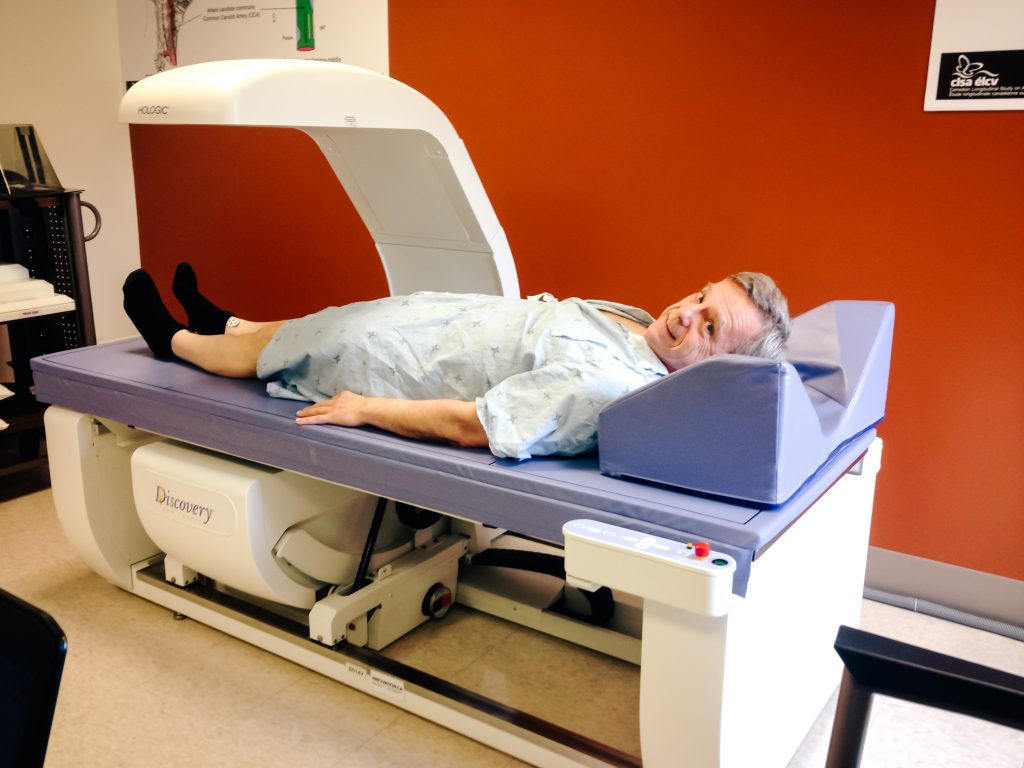
Canadian Longitudinal Study on Aging releases baseline data findings
By Matty Hume, June 26 2018 —
The Canadian Longitudinal Study on Aging released the findings from its 2010–15 baseline data collection at the end of May. The study, which includes over 51,000 Canadians aged 45–85, will follow participants for up to 20 years, tracking their physical and mental health and the social aspects of aging.
The CLSA features data from a network of research and healthcare practitioners, including the Brenda Strafford Chair in Geriatric Medicine at the University of Calgary, David B. Hogan. According to Hogan, ‘longitudinal’ is the study’s operative word, meaning the benefits of the study will be significant in the coming decades.
“The real worth of the study will be following people over time, seeing who develops new conditions, who deals well with the conditions they have and who might have a more rapid deterioration in their health,” Hogan said. “It’s also very interesting to track social issues like retirement, work, family transitions, social networks and support and how that influences our overall health and how we age.”
The study is especially significant considering the growing proportion of senior citizens, according to Hogan.
“It was last year that for the first time, Canadians 65 and over exceeded the number of Canadians 14 years of age and younger,” Hogan said. “Currently, about 16 per cent of Canadians are 65 and over, and in the next 20 years, that proportion is going to increase to about 25 per cent.”
As the study stands, Hogan was happy to announce that a large majority of the participants reported good health at the time of baseline data collection.
“People were asked to respond [to the question], ‘Is your health excellent, very good, good, fair or poor?’ At each age level and both sexes, between 86 and 90 per cent of participants responded their health was good, very good or excellent,” Hogan said.
One participant of note is former Canadian astronaut and U of C chancellor Robert Thirsk.
“Three years ago, I got a phone call and on the caller ID I saw it was a ‘1-800’ number. And in a vast majority of times I don’t bother answering but I did this time and I’m glad I did,” Thirsk said. “It was someone who said they were with the CLSA recruiting subjects and I immediately said ‘Yes’ because I’d heard of the CLSA before. It’s a study that’s going to be very relevant to my generation, so I was very eager to sign up.”
According to Thirsk, participation in the study involves extensive examinations and interviews throughout intermittent periods.
“I’ll be a subject for 20 years. I have a physical exam every three years and a [personal] history [interview] over the phone every year and a half,” Thirsk said. “It’s pretty extensive, but it’s not quite as extensive as an astronaut physical exam. The history probably takes an hour and a half to do and then the physical exam and the cognition test, things like that, take another four hours.”

Robert Thirsk undergoing a bone density scan. Courtesy Robert Thirsk.
The long-term benefits of CLSA data will not only be beneficial to healthcare practitioners but Canadian social policy as well, according to Thirsk.
“It’s not just for the clinicians, it’s for the policy makers as well,” he said. “What social policies are out there to be implemented to make aging for senior Canadians more tolerable or easier? We don’t want to just survive, we want geriatrics to thrive.”
Hogan said the CLSA is currently completing the first follow-up examinations with participants. This follow-up data will likely be available within the next two years, according to Hogan.
Access the full baseline findings report from the CLSA here. Hogan said that while these baseline findings are compelling, interested parties should pay greater attention moving forward.
“It’s interesting initial data but the real worth of the study is going to be the longitudinal aspect — the follow-up aspect,” Hogan said. “It’s going to be an unfolding story.”
